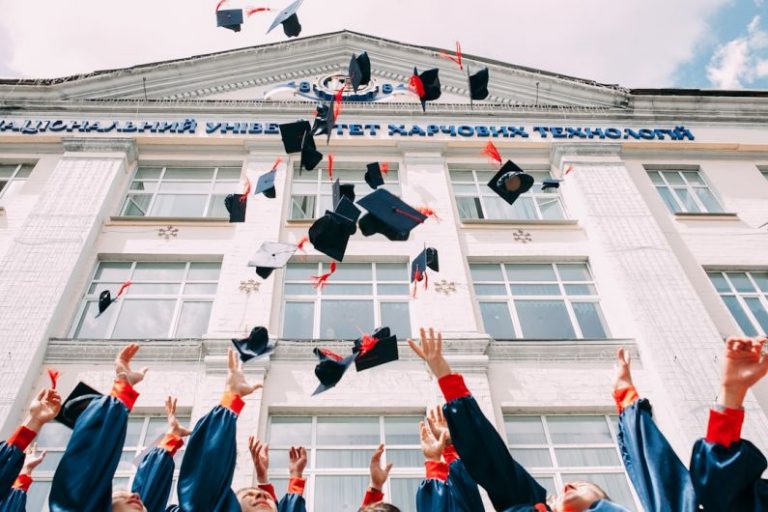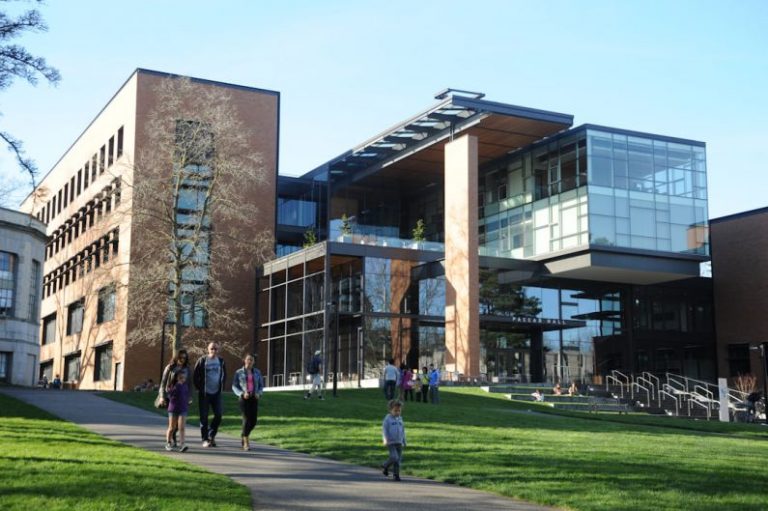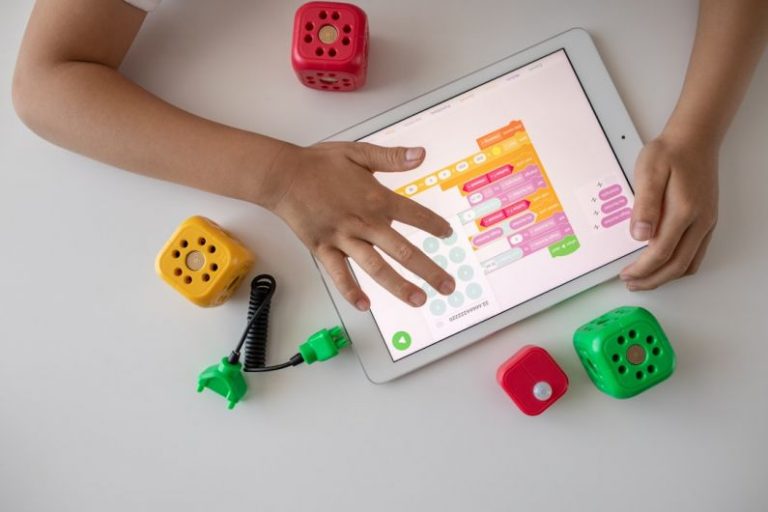Effective Study Techniques for College Students
College life can be demanding, with a plethora of assignments, exams, and extracurricular activities vying for a student’s attention. To excel academically, it is essential for college students to adopt effective study techniques that will help them learn efficiently and retain information effectively. By implementing the right strategies, students can maximize their learning potential and achieve their academic goals. In this article, we will explore some of the most effective study techniques for college students that can make a significant difference in their academic performance.
**Active Learning**
One of the most effective study techniques for college students is active learning. Instead of passively listening to lectures or reading textbooks, actively engaging with the material can enhance understanding and retention. This can be achieved through techniques such as summarizing key points, asking questions, and discussing concepts with peers. By actively participating in the learning process, students can deepen their understanding of the subject matter and improve their ability to recall information during exams.
**Effective Time Management**
Time management is crucial for college students who often juggle multiple responsibilities. By creating a study schedule and setting aside dedicated time for each subject, students can ensure that they cover all the necessary material and avoid last-minute cramming. Prioritizing tasks based on their importance and allocating time for breaks can help students maintain focus and prevent burnout. By effectively managing their time, students can make the most of their study sessions and improve their overall productivity.
**Utilizing Visual Aids**
Visual aids can be powerful tools for enhancing learning and memory retention. Techniques such as creating mind maps, diagrams, and flashcards can help students visualize complex concepts and relationships between different ideas. Visual aids can make studying more engaging and interactive, making it easier for students to understand and remember information. By incorporating visual elements into their study routine, students can improve their comprehension and recall of key concepts.
**Practice Testing**
Practice testing is an effective study technique that involves testing oneself on the material to reinforce learning. By taking practice quizzes, completing sample problems, or explaining concepts to others, students can assess their understanding and identify areas that require further review. Practice testing can help students identify gaps in their knowledge and improve their ability to recall information during exams. Additionally, the act of retrieving information from memory through practice testing can enhance long-term retention.
**Active Recall**
Active recall is a study technique that involves actively retrieving information from memory without the aid of notes or textbooks. By quizzing oneself on key concepts or attempting to explain ideas in their own words, students can strengthen their memory and deepen their understanding of the material. Active recall forces the brain to actively engage with the information, making it more likely to be retained in the long term. By incorporating active recall into their study routine, students can improve their retention of information and enhance their overall learning experience.
**Peer Teaching**
Peer teaching is a collaborative study technique that involves explaining concepts to peers or studying in groups. By teaching others, students can reinforce their own understanding of the material and gain new perspectives on the subject matter. Peer teaching encourages active engagement with the material and can help students identify gaps in their knowledge. Additionally, discussing concepts with peers can lead to a deeper understanding of the material and improve retention through repeated exposure to the information.
**Conclusion:**
In conclusion, adopting effective study techniques is essential for college students to succeed academically. By actively engaging with the material, managing their time effectively, utilizing visual aids, practicing testing, employing active recall, and engaging in peer teaching, students can enhance their learning experience and improve their academic performance. By incorporating these techniques into their study routine, students can maximize their learning potential and achieve their academic goals.






